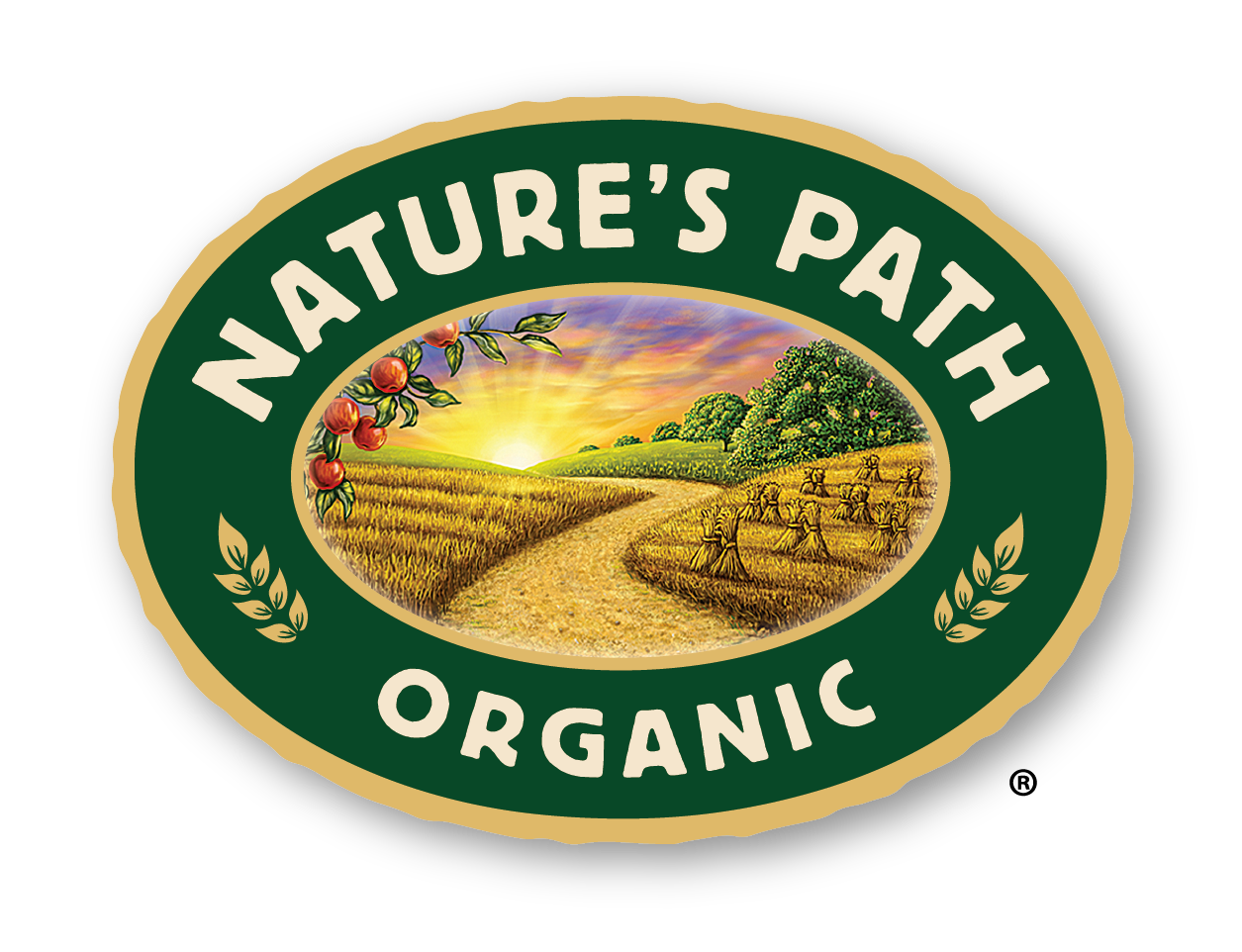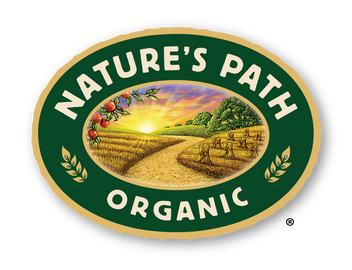Go Nuts for Good Nutrition
Though nuts are technically considered a fruit, they are not sweet like apples or tender and juicy like oranges. Rather, they are small and crunchy, often with an inedible outer shell that needs to be cracked open to reveal the tasty morsel inside. Nuts have a much longer shelf-life than most fruits, but you may still want to buy your nuts whole and raw to capitalize on their nutritional integrity until you’re ready to eat them or use them in recipes. Like most foods, nuts contain a blend of fat, protein, carbohydrate, and fiber. Nuts contain several different types of fat including monounsaturated fat, polyunsaturated fat, and omega-3 fatty acids. The protein content of nuts varies with almonds providing 6 grams per ounce at the high end of the spectrum and macadamia nuts offering 2.2 grams per ounce. Similarly, the carbohydrate content of nuts is highly varied. Nuts with relatively low carb content include Brazil nuts, walnuts, and pecans while cashews, pistachios, and almonds have the highest carb content.The Health Benefits of Nuts
While nuts tend to be high in fat, it is mostly healthy fat – namely, unsaturated fats and omega-3 fatty acids. Unsaturated fats may help to lower cholesterol levels, blood triglycerides, and blood pressure which are three of the main risk factors for heart disease. Omega-3 fatty acids have also been shown to support eye health, improve mood, fight inflammation, and boost immunity in addition to offering cardiovascular benefits. In addition to supporting heart health, including nuts in your diet may provide weight loss benefits. Though nuts are relatively high in calories, studies show that the body doesn’t actually absorb all of them – some of the fat (and therefore some of the calories) remains trapped in the nut’s fibrous outer layer during digestion. According to one study, an ounce of almonds contains about 165 calories, but your body may only absorb about 130 of those calories. Many nuts are rich in antioxidants and anti-inflammatories. Antioxidants help to protect your cells against free-radical damage and may slow the effects of aging. The anti-inflammatory benefits of nuts can benefit a variety of chronic conditions while also supporting their anti-aging benefits. The fiber content of nuts is significant as well, helping to improve and regulate digestion while also mitigating the effects of type 2 diabetes and metabolic syndrome.Are All Nuts Good for You?
As is true for any food, nuts offer some excellent health benefits when consumed in moderation. It is important to pay attention to portion sizes, however, because while nuts are an excellent source of healthy fats and other nutrients, they are also high in calories.Would you like to be the first to hear about our new products and more? Sign up for our Nature’s Path Newsletter.








